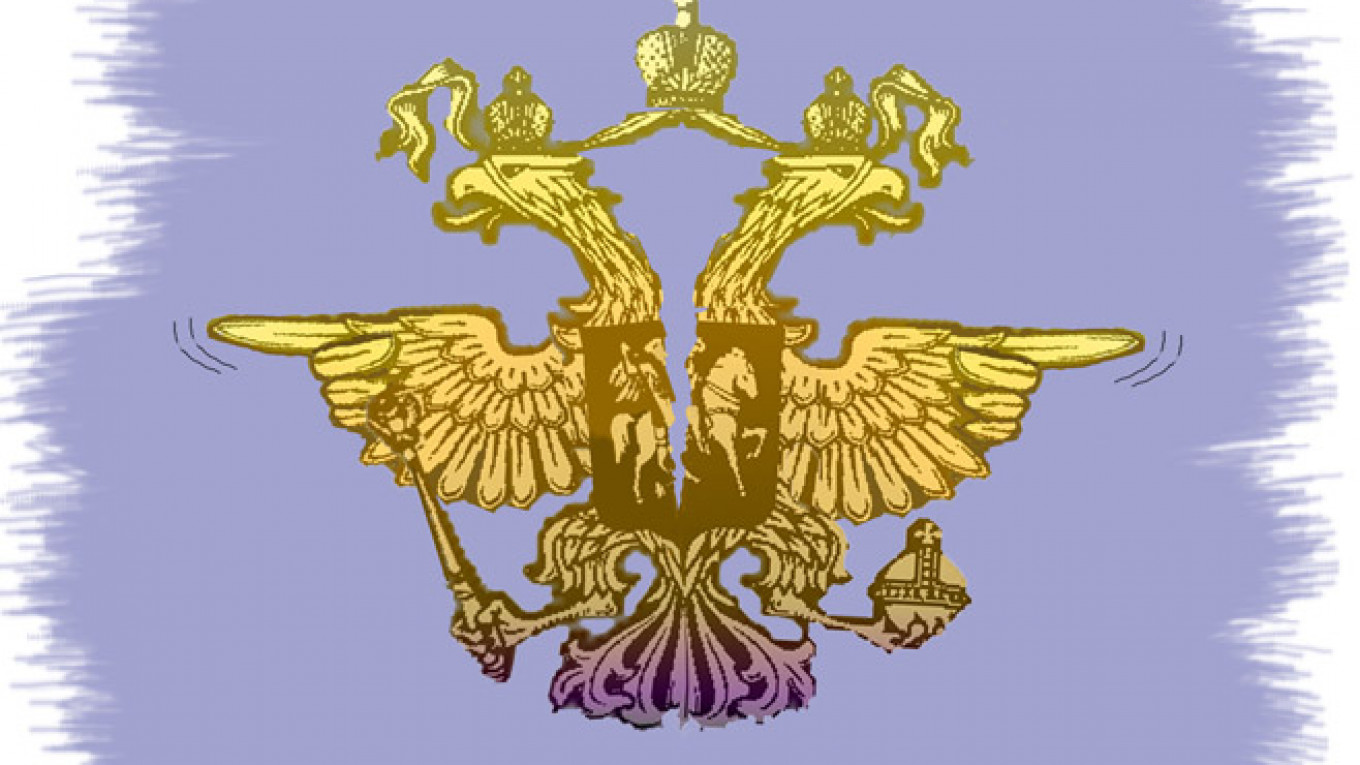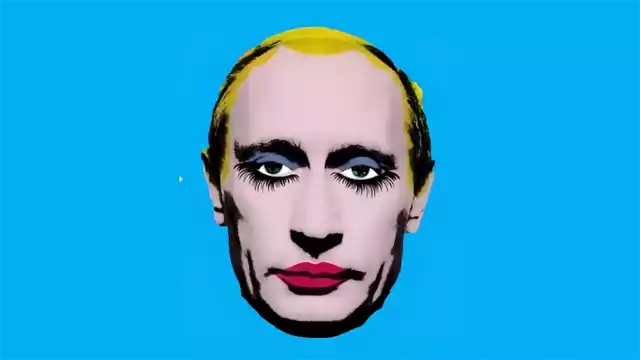The recent events in Ukraine and the resulting wave of sanctions, affecting all sides of the conflict, have once again intensified the long-running disagreement in Russia between pro-West and anti-West factions. Facebook is full of passionate arguments as yesterday's friends disperse to different sides of the barricade. Duels, fortunately, are a thing of the past.
But today's social-network spats, reflecting Russia's societal split between East and West, are merely the continuation of an old story. While many date Russia's first turn toward the West to 18th-century reformer Peter the Great, Moscow's ambiguous relationship with Europe goes back even further.
In 1555, after a Baltic blockade broke off access to the West, Tsar Ivan the Terrible sought help from London, an unprecedented move at the time. The resultant Muscovy Company brought significant investments into the Russian economy and a wide range of benefits for the English.
Although Moscow gave up a number of sovereign rights, it also gained much: The English crown granted permission to British artists and master craftsmen of all professions to travel freely from England to Russia. So Russia was able to break the blockade, and the country gained access to the resource it needed most at the time: Western European skills and knowledge.
But new knowledge often grows into new ideas. Russian society's response to Western views of the world was mixed and, sometimes, openly negative. Not for nothing did the clerk Shchelkalov inform the British ambassador of Ivan the Terrible's death with the mocking phrase, "Your English tsar is dead."
After Ivan, Russia's next ruler, Boris Godunov, took an even greater step toward the West. He not only expanded the practice of inviting foreign specialists, but even seriously considered opening universities in Moscow. It was during his reign that the first (unsuccessful) attempt was made to send a group of Russian noblemen abroad to study. That is, they were sent abroad, but none of them wanted to return home.
Russia took another step closer to the West following the turmoil of the 17th century. The Polish and Swedish invasions in that period did, of course, leave Russians hesitant about the wisdom of welcoming in more foreigners.
At the same time, Russia's elite began to understand that partnering with the West was not only desirable, but unavoidable. The vast geographical area separating ancient Muscovite Russia and Western Europe had shrunk, and the West had become a close neighbor. Most importantly, it would have been impossible to restore the country after the ravages of foreign armies without Western ideas and money. Russians, more out of need than goodwill, opened their door to Western guests.
It was during this period that Ivan Timofeyev's "Chronicle" was published, in which the author draws two important conclusions from the troubles of the 17th century. First, "foreign despoilers may come to this land, but it is we ourselves who brought it to ruin." Second, Russia had split between those who now looked to the East, and those who looked to the West.
Time has changed very little in the attitudes of those doing the arguing, although they may do it on Facebook rather than on parchment paper. The metaphorical banners of the pro-Western camps read "primum agere" (it is most important to act), while those of the anti-Westerners read "primum non nocere" (first, do no harm). The complaints of both parties also remain the same.
The debate has been going on so long, in fact, that both sides may have lost touch with reality. Early 20th-century philosopher Nikolai Berdyayev noted of pro-Western Russians that "in the radical Westernism of the Russian intelligentsia, European ideas have been distorted beyond recognition in the consciousness of the Russian intelligentsia. Western science and Western reason have taken on the aspect of some kind of divinity, unthinkable in the rational West."
As for the anti-Westerners, in their opinion, the water here will always be wetter than that in the West. An objective criticism of Russian faults isn't possible with this approach. Berdyayev called this extreme "childish Slavophile complacency."
So the pendulum has swung from one extreme to another. Meanwhile, the greatest moments in Russian history have occurred during those times when moderation has ruled in both camps. It was those rational people from both sides of the fence who called Berdyayev a true "Russian European."
And although rhetoric on both sides can create the impression that Russia is either for or against the West, we should remember that Russia has often walked a middle line. Its unique view of the world is a direct consequence of its history, and not one that should be reduced to the strident positions of either the Europhiles or the Slavophiles.
Pyotr Romanov is a journalist and historian.
A Message from The Moscow Times:
Dear readers,
We are facing unprecedented challenges. Russia's Prosecutor General's Office has designated The Moscow Times as an "undesirable" organization, criminalizing our work and putting our staff at risk of prosecution. This follows our earlier unjust labeling as a "foreign agent."
These actions are direct attempts to silence independent journalism in Russia. The authorities claim our work "discredits the decisions of the Russian leadership." We see things differently: we strive to provide accurate, unbiased reporting on Russia.
We, the journalists of The Moscow Times, refuse to be silenced. But to continue our work, we need your help.
Your support, no matter how small, makes a world of difference. If you can, please support us monthly starting from just $2. It's quick to set up, and every contribution makes a significant impact.
By supporting The Moscow Times, you're defending open, independent journalism in the face of repression. Thank you for standing with us.
Remind me later.






